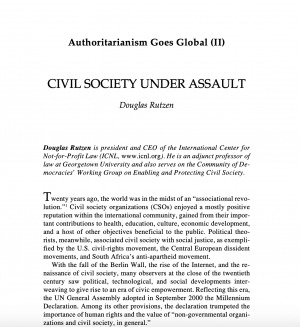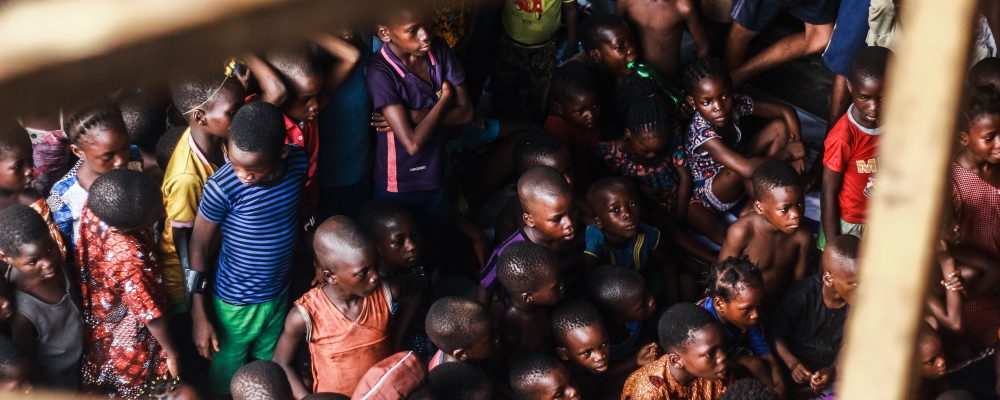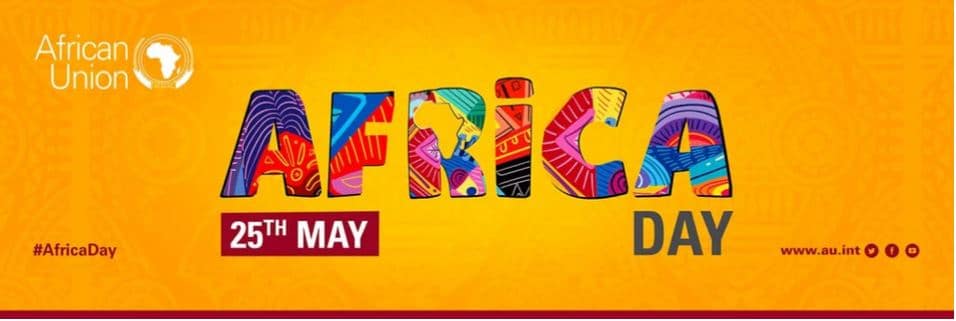
Policy highlights:
- This article analyses the global shift from the associational revolution, in which CSOs enjoyed a positive reputation, towards the increasing restriction of CSOs since the ‘War on Terror’ was launched by the United States.
- Because of concerns about terrorism, foreign interference in political affairs, and aid effectiveness, many countries have enacted measures restricting civil society.
- The justifications given by governments for restricting CSOs fall into four categories:
- Protecting state sovereignty: Some governments claim that foreigners are seeking not only to meddle in domestic political affairs, but to actually destabilize their country or promote regime change. Hence, they restrict the international funding for CSOs.
- Promoting transparency and accountability in civil society: Some governments seek to ensure the integrity of CSOs by promoting transparency and accountability through government regulation.
- Enhancing aid effectiveness and coordination: Some states have interpreted ‘host-country ownership’ to mean ‘host-government ownership’, and have exploited the aid-effectiveness campaign to justify constraints on international funding.
- Pursuing national security, counterterrorism, and anti-money laundering objectives: Some governments invoke national security, counterterrorism, and anti–money laundering in order to justify restricting international funding.
- International norms and laws provide a framework for the protection of civil society, but also permit national governments to enact restrictions under certain circumstances.
- Many global, regional and bilateral commitments and jurisdictions (e.g. International Covenant on Civil and Political Rights, UN Special Rapporteur, UN High Commissioner for Human Rights, UN Declaration on Human Rights Defenders) protect international funding and, with that, the operations of CSOs.
- On the other hand, international law, theoretically, allows a government to restrict CSOs if the restriction is: (1) prescribed by law – restrictions on the right to freedom of association are only valid if they are introduced by law, not by government decree or similar administrative order, (2) based on legitimate aims – restrictions must advance at least one legitimate aim (national security, public safety, public order, or the protection of the rights and freedoms of others), or (3) necessary in a democratic society – restrictions that uphold the values of democratic societies.[SS1]
- Mostly vulnerable regimes ignore these international norms and laws because of their interest in consolidating power, which they do by restricting the international funding of CSOs in order to weaken the opposition.







